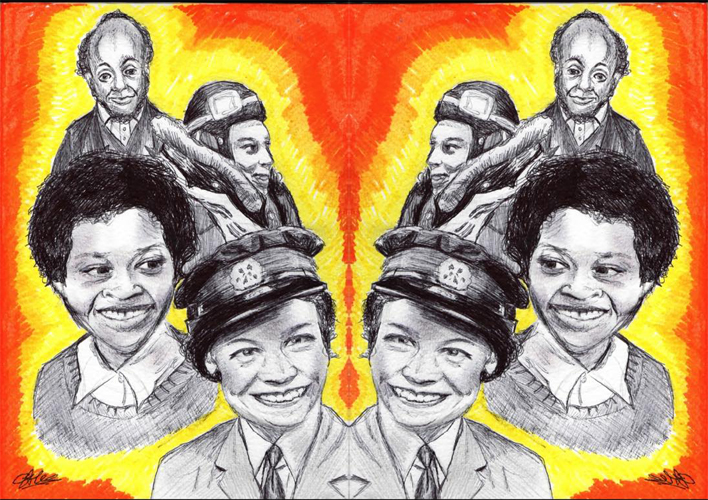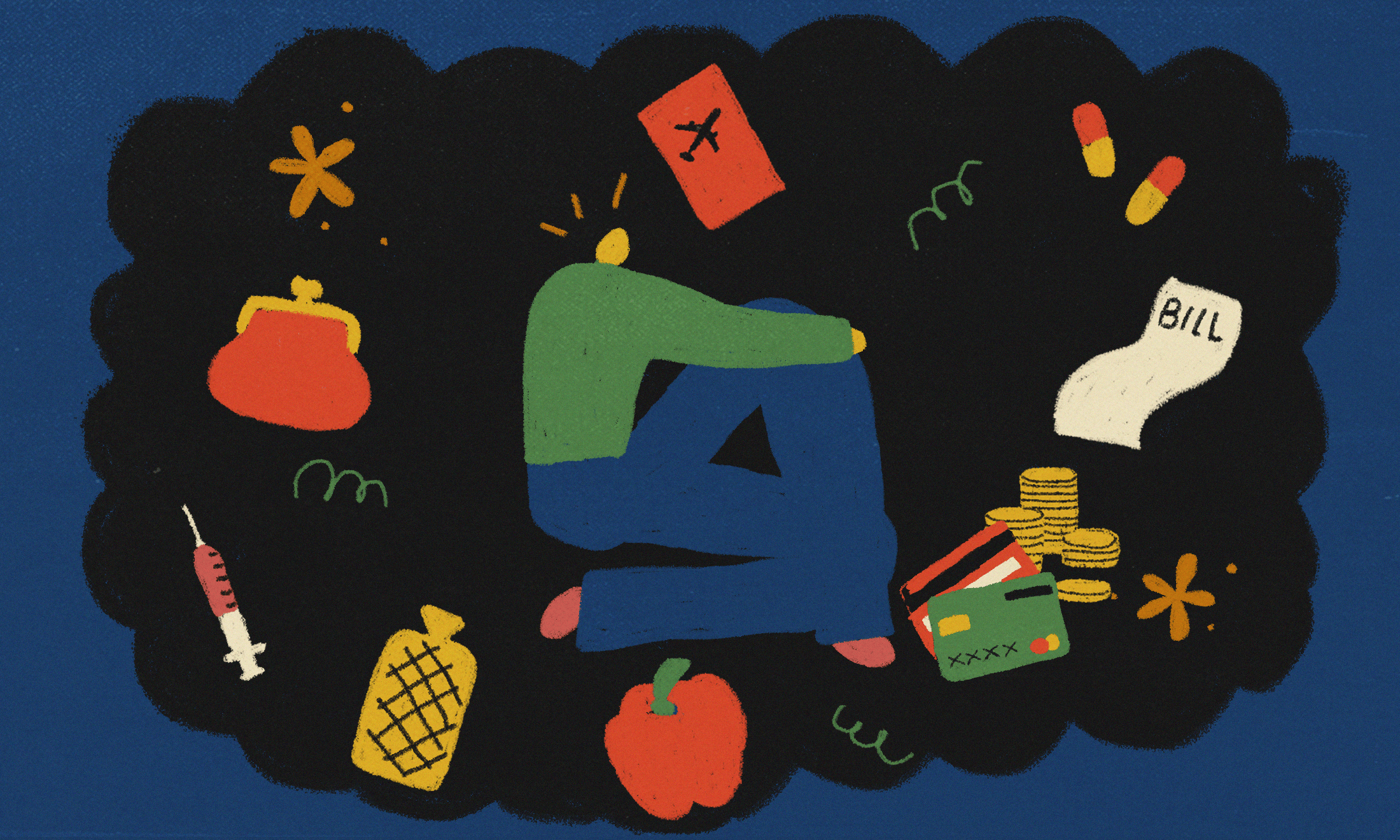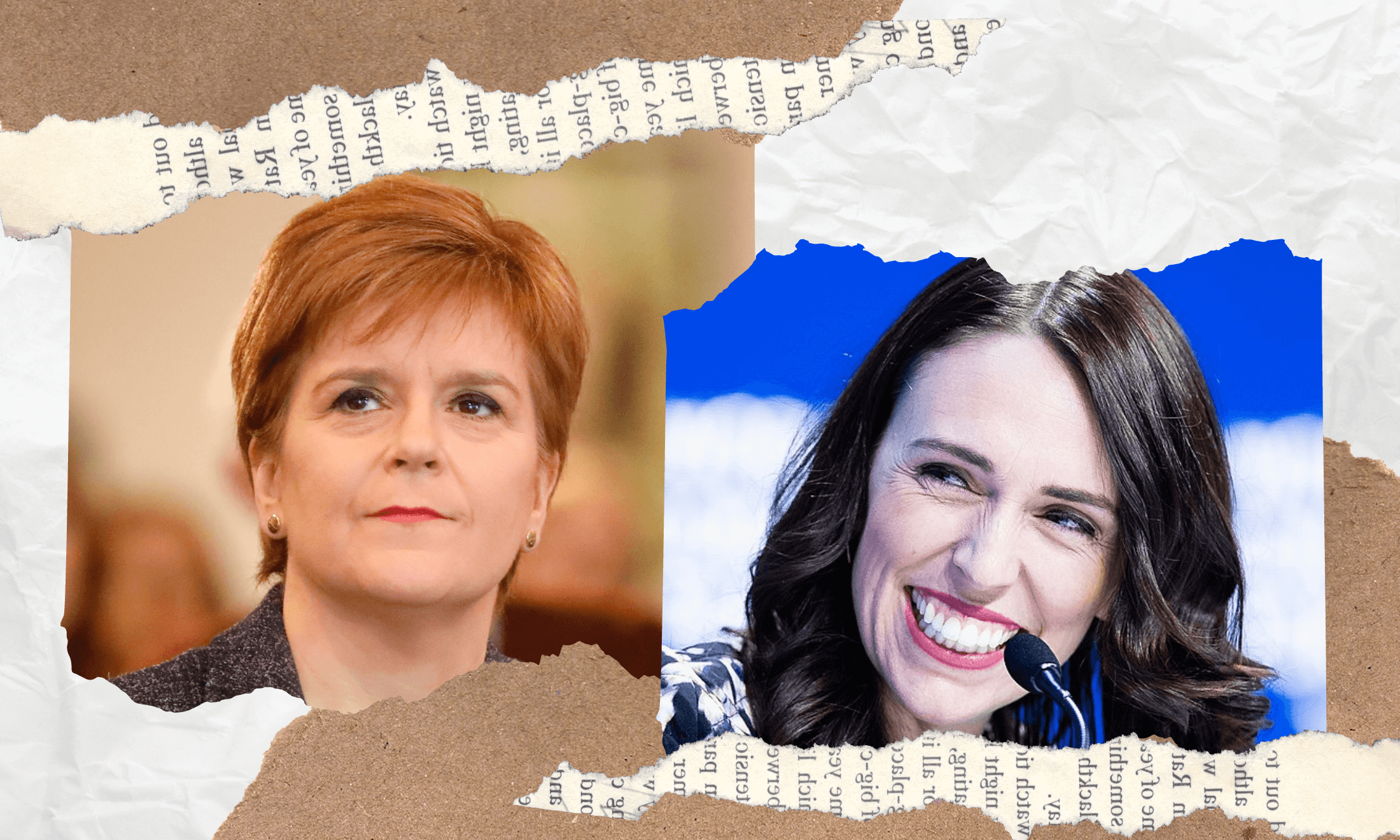
Lilian Bader, a prominent black Liverpudlian aircraft-woman in World War II, with a significant story of rejection and resilience.
Billy Strachan, a Jamaican flying lieutenant, who learned to be a pilot so quickly he was allowed to fly alone after just seven hours of training.
Herbert Morris, a sixteen-year-old Jamaican war volunteer, who was executed by his own troops.
These are not among the first stories that come to mind when discussing the World Wars. Instead, I think of Wilfred Owen, Harry Patch, ‘Mad Jack’ and Siegfried Sassoon, undoubtedly interesting and important figures, but their experiences are not the only stories of the war. They shouldn’t be taught as the only framework for historical British excellence.
I left school in 2012, a black mixed-race teenager with A grade A-levels but zero knowledge of black history. About to embark on a degree that would encourage discussion around identity, representation and self critique, I was three months away from an identity crisis and completely ill-equipped. Do I blame my individual school education for this? Not necessarily. Do I blame a school system that has routinely failed to provide a holistic teaching of British history and little to no foundation of black history? Absolutely. I was suddenly faced with unfamiliar questions with no basis to go from, nothing to build upon and no reasoning for why things are the way they are.
Overseas war veterans are consistently written out of history. Similarly, the national curriculum skims over the violence and horror involved in Britain’s colonial past and the continual damaging effects of the British Empire. Children aren’t being taught an honest and truthful history of Britain. Black history is viewed as synonymous with oppression and struggle whilst the progressive and positive black presence in Britain is routinely overlooked. Black writers, politicians, explorers and inventors are a rare sight in national teachings and we have to talk about why this has become the norm.
Throughout university it emerged as a common theme amongst black peers. Despite descending from such a rich and remarkable past, black history appeared as separate, unconnected and void from our knowledge of British history. Even recent individual research doesn’t stand up against the engrained years of school education.
Black history is the topic of conversation in the first episode in gal-dem’s new video series, interlude. Take a moment to consider subjects you may have disregarded or never even noticed. It’s us digging up buried conversations, working our way through dialogue from the often silenced perspective of people of colour. We’re examining the norm, breaking apart patterns and asking questions – uncomfortable ones.








